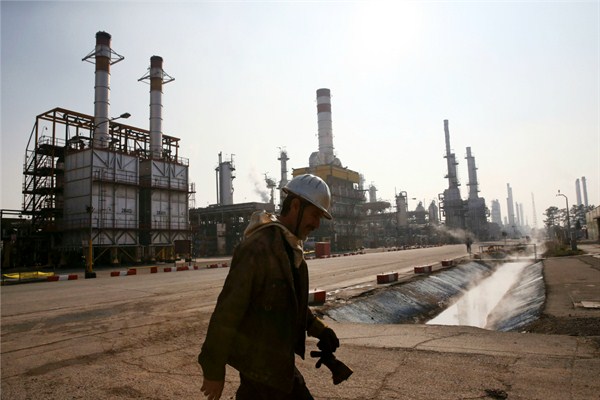Since August, there have been growing rumors about an oil production freeze by major oil producers. The deal might be concluded on the sidelines of the International Energy Forum in Algeria from Sept. 26 to 28, where the Organization of Petroleum Exporting Countries (OPEC) will hold an informal gathering along with other producer countries, such as Russia. Seasoned oil market watchers will have a strong feeling of déjà vu.
Back in April, members of OPEC and Russia failed to hammer out an agreement to limit oil production at a meeting in Doha. The talks collapsed at the 11th hour after Saudi Arabia refused to sign a deal that did not also apply to Iran. Tehran had stated months in advance that it would not participate in a freeze at January production levels, arguing it needed to recapture market share lost while it was under international sanctions.
Many market observers have interpreted recent statements from high-level OPEC officials as evidence of more willingness to freeze production. At the recent G-20 summit in China, Saudi Arabia and Russia, the world’s two largest oil producers, even signed a joint agreement to establish a “working group” to find ways to minimize price volatility in the market. Talk is cheap, of course, but also useful, as it often ratchets up oil prices. Sure enough, prices rallied more than 8 percent in August on speculation of a possible output freeze. But if not followed up by action, the effects of vague bluffs will begin to wear off.

